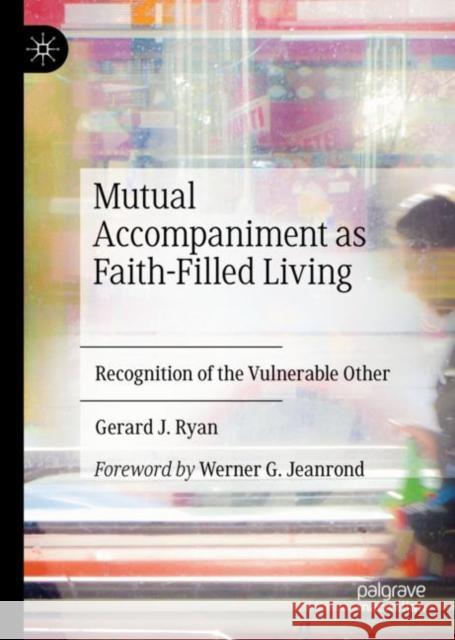Mutual Accompaniment as Faith-Filled Living: Recognition of the Vulnerable Other » książka
topmenu
Mutual Accompaniment as Faith-Filled Living: Recognition of the Vulnerable Other
ISBN-13: 9783031060069 / Angielski / Twarda / 2022 / 216 str.
Mutual Accompaniment as Faith-Filled Living: Recognition of the Vulnerable Other
ISBN-13: 9783031060069 / Angielski / Twarda / 2022 / 216 str.
cena 563,56
(netto: 536,72 VAT: 5%)
Najniższa cena z 30 dni: 501,19
(netto: 536,72 VAT: 5%)
Najniższa cena z 30 dni: 501,19
Termin realizacji zamówienia:
ok. 16-18 dni roboczych.
ok. 16-18 dni roboczych.
Darmowa dostawa!
Kategorie:
Kategorie BISAC:
Wydawca:
Springer International Publishing AG
Język:
Angielski
ISBN-13:
9783031060069
Rok wydania:
2022
Ilość stron:
216
Wymiary:
21.0 x 14.8
Oprawa:
Twarda
Dodatkowe informacje:
Wydanie ilustrowane











